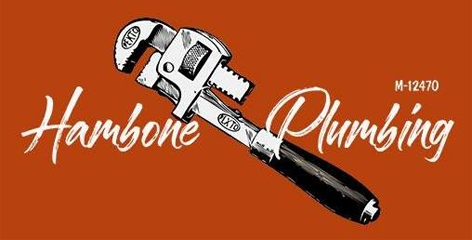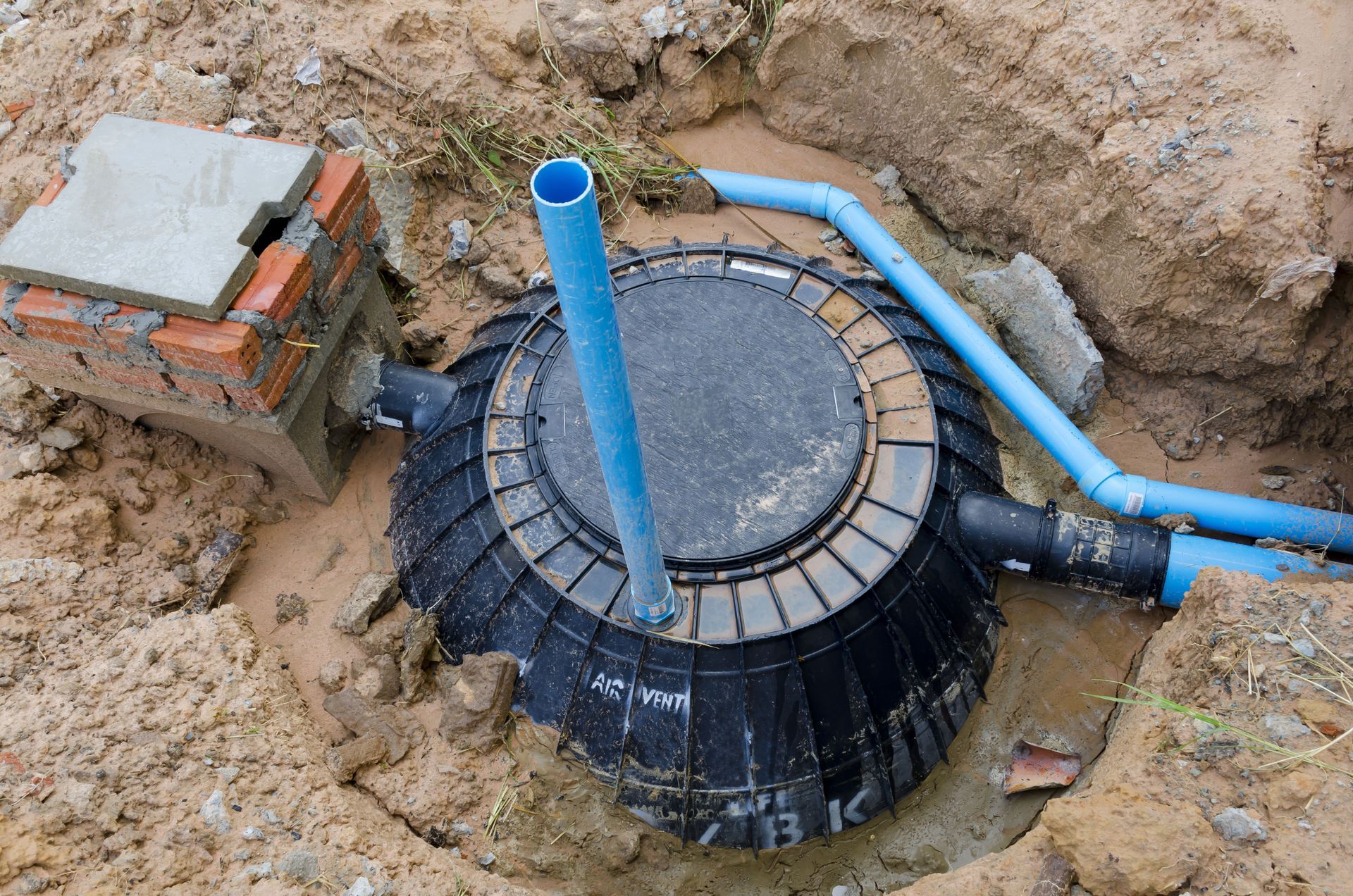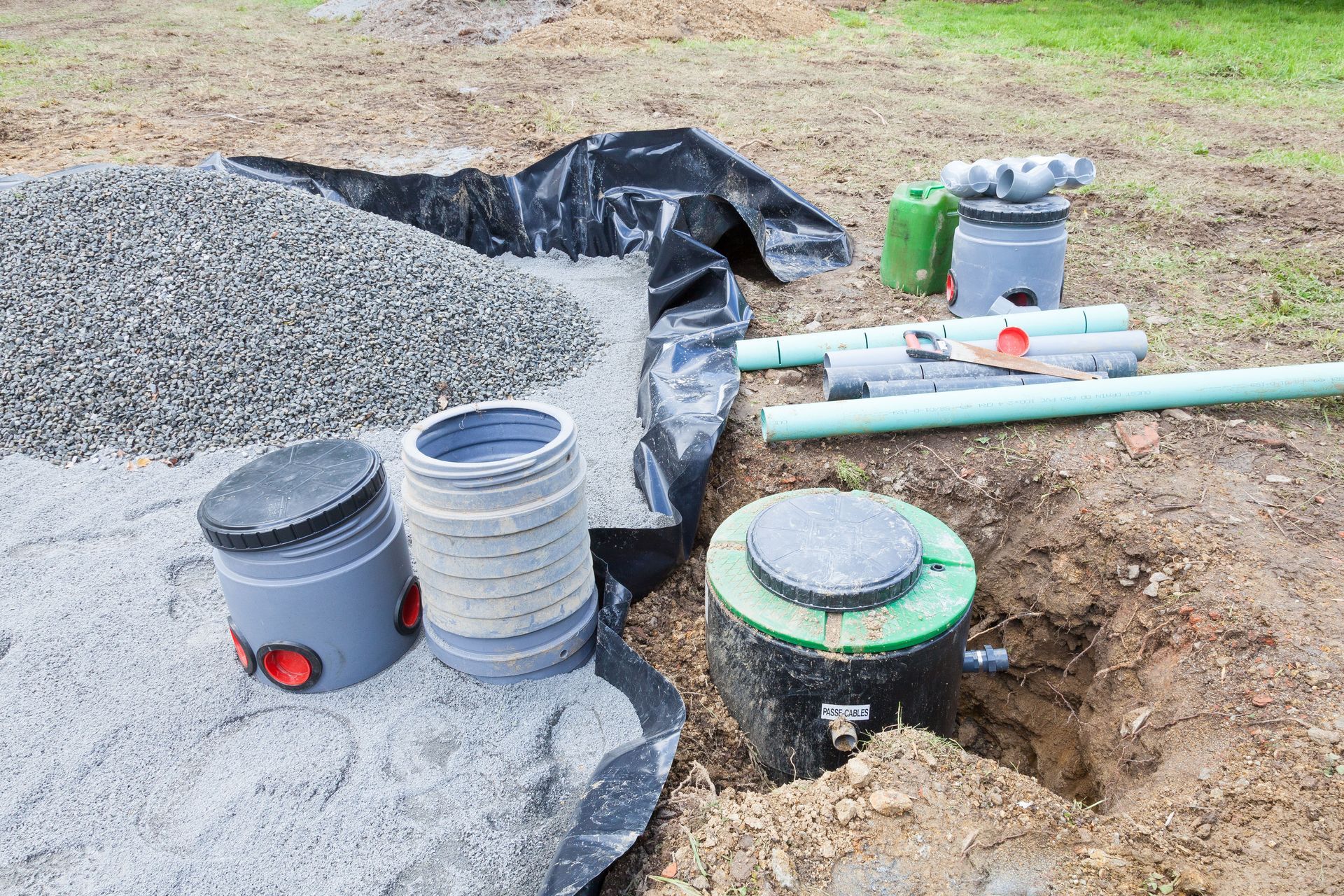6 Maintenance Tips to Extend the Life of Your Septic System
Septic systems are an essential component for properties not connected to a centralized sewer system. When properly maintained, they provide reliable waste management and reduce the risk of environmental damage or costly repairs. However, neglecting routine maintenance can lead to premature failure and major disruptions. Below are six strategic tips to help extend the lifespan of your system, minimize breakdowns, and avoid unnecessary stress. Each strategy emphasizes the importance of using a professional septic pumping service and building habits that protect your system's longevity.
1. Schedule Routine Septic Pumping and Inspections
Routine inspections and regular septic pumping are among the most important steps you can take to extend the life of your system. A septic tank fills with solids over time, and without pumping, these solids can overflow into the drainfield, leading to clogs, backups, and eventual failure. In our experience, using a professional septic pumping service every three to five years ensures solids are removed before they pose a risk.
The frequency of this service depends on your tank size and household occupancy. Larger families and smaller tanks may require more frequent pumping. In our experience, skipping just one pump can lead to long-term system damage.
Inspections should accompany pumping to help identify cracks, leaks, or worn parts before they become severe. An experienced technician will also evaluate the scum and sludge levels to determine if the system is operating at peak efficiency.
Keeping a detailed record of every inspection and septic pumping service adds value when selling a property and helps professionals troubleshoot issues accurately in the future.
2. Conserve Water and Avoid Overloading the System
Reducing your household’s water consumption plays a direct role in improving septic performance. The more water that flows through your pipes, the harder your septic system has to work. If too much water floods into the tank too quickly, it may not process waste efficiently—leading to unprocessed solids making their way into the drainfield.
Start by installing high-efficiency toilets, low-flow showerheads, and faucet aerators. Even simple changes like turning off the faucet while brushing teeth or running full loads of laundry can reduce the stress on your system.
Another helpful habit is staggered water-intensive activities across the week. For example, avoid doing all your laundry in one day. Spread tasks out to allow your system time to recover. This not only extends the life of the system but also helps you avoid emergency calls for a septic pumping service.
Fix leaks promptly. A leaky faucet or toilet can waste water daily. Excess water forces your septic tank to process more than it's designed for, and it can quickly cause overload.
According to Housegrail, a septic system typically lasts at least 25 years. By conserving water, you help your system meet—or exceed—that lifespan.
3. Dispose of Waste Responsibly
The septic system is not a garbage disposal. It’s engineered to break down human waste and biodegradable materials in small quantities. Flushing the wrong items can throw off this balance and lead to blockages that require professional intervention.
Never flush paper towels, feminine hygiene products, diapers, baby wipes, or dental floss. These items don’t decompose quickly and can create clogs. Likewise, avoid pouring grease, cooking oil, or leftover food down your drains. These substances can harden and block pipes over time.
Chemical drain cleaners may seem convenient, but they can destroy the bacteria in your septic tank responsible for waste breakdown. Use natural alternatives or contact a plumbing professional for help with persistent clogs.
Educating all household members—including kids—on what should and shouldn’t go down the drain significantly reduces preventable damage. Simple rules like “only flush toilet paper” or “no food scraps in the sink” can go a long way.
Also, never dispose of paint, antifreeze, or medications in your plumbing system. These can contaminate your drainfield and seep into groundwater, posing serious environmental risks. When in doubt, use a local hazardous waste disposal center.
4. Protect and Maintain the Drainfield Area
The drainfield is where wastewater is filtered and returned to the ground. Keeping this area intact is vital for the health of your entire septic system. One of the most common causes of drainfield failure is pressure from heavy vehicles or construction equipment. Never park cars, trucks, or trailers on or near the field.
Roots from trees and large shrubs can also invade and damage your drainfield. To avoid this, only plant shallow-rooted vegetation such as grass over this area. Avoid planting anything that grows aggressively or requires frequent watering.
Drainfields are also vulnerable to oversaturation from external sources like roof gutters or landscaping runoff. To prevent water from pooling, redirect downspouts and grade away from the drainfield. Waterlogged soil cannot filter wastewater effectively, leading to surface pooling, odors, and potential contamination.
Marking the drainfield area clearly helps prevent accidental damage during lawn maintenance or outdoor projects.
Watch for signs of drainfield issues, including slow drains, standing water, and overly lush grass growth in specific spots. These signs often indicate that untreated wastewater is surfacing and your system needs a septic pumping service immediately.
5. Spot Problems Early and Respond Quickly
Early detection of issues can save you a lot of money and prevent system failure. Subtle signs like gurgling pipes, slow-draining sinks or toilets, or bad smells near your tank or drainfield are early red flags.
These symptoms may point to full tanks, blockages, or damaged components. Scheduling a septic pumping service at the first sign of trouble can often resolve the issue before it escalates.
Another overlooked symptom is the appearance of green, lush grass over your drainfield during dry weather. While this may seem harmless or even attractive, it can indicate an underlying leakage problem.
In our experience, homeowners who delay addressing minor issues often face larger repairs like tank replacements or full drainfield reconstruction—both significantly more expensive than routine maintenance.
If you notice puddling or foul odors outdoors, your system may not be absorbing waste properly. Contact a specialist for immediate evaluation.
6. Document Maintenance and Work With Professionals
Maintaining detailed records of your septic system helps you track performance and forecast when future maintenance is due. Write down the dates and services completed, especially every time you receive a septic pumping service, inspection, or repair.
Keeping these records is also helpful when selling your home or managing rental properties. A documented history shows prospective buyers or tenants that the system has been well cared for.
You should also establish an ongoing relationship with a reliable septic professional. Having someone who understands your system and its history improves the quality of service and makes future problems easier to diagnose.
Regular communication with a septic provider results in better long-term performance and fewer emergencies. These experts can also advise on region-specific best practices, including local regulations or soil limitations.
Additionally, staying informed on local septic requirements helps ensure you're following proper protocols for inspections, upgrades, or replacement parts. Some areas mandate inspection schedules or tank sizes depending on usage—working with a professional ensures you remain compliant.
Maintaining your septic system is an ongoing responsibility that pays off in peace of mind, lower repair costs, and extended system life. From scheduling a regular septic pumping service to conserving water and protecting the drainfield, every action you take contributes to the long-term success of your system.
Don't wait for an emergency. Contact Hambone Plumbing and Septic Pumping today to schedule your next inspection or septic pumping service. Our experienced team is ready to help you safeguard your system and enjoy worry-free plumbing for years to come.






Share On: